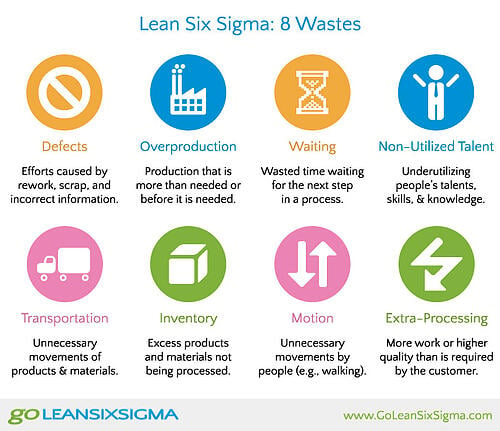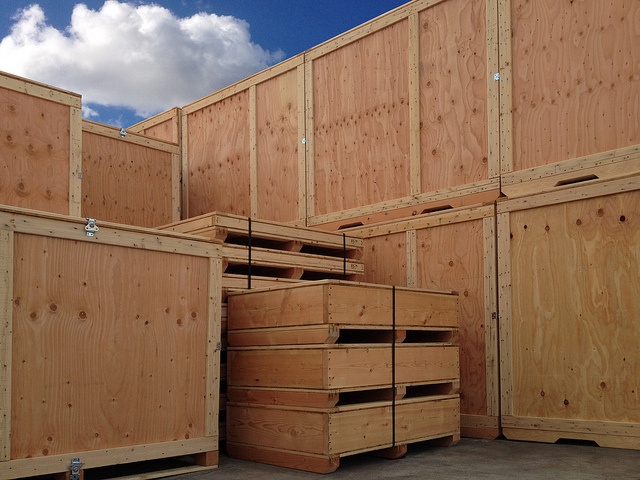The concept of Lean Manufacturing in the U.S. has been around the world for decades! Lean Manufacturing was developed by Toyota executive Taiichi Ohno—prolific businessman and guru, but better known as the “Father of the Toyota Production System,” during the post-Second World War reconstruction period in Japan. By 1996, the concept was well on its way to becoming a staple in the world of manufacturing in the U.S., following the release of Lean Thinking: Banish Waste and Create Wealth in Your Corporation by James P. Womack and Daniel T. Jones.

Taiichi Ohno's ideas have also led to specialty training companies such as Lean Six Sigma which helps small and medium sized businesses (SMBs) increase revenue, reduce costs and improve collaboration in today's increasingly competitive markets.
We know what you’re thinking—lean manufacturing means cutting back, getting rid of dead weight or getting the most out of your workers for less money, right? You’re definitely in the ballpark!
To give you a clear picture of what lean manufacturing (also called lean production) is all about, the Business Dictionary describes the concept as:
"Doing more with less by employing 'lean thinking.' Lean Manufacturing involves never ending efforts to eliminate or reduce 'muda' (Japanese for waste or any activity that consumes resources without adding value) in design, distribution, customer service, and manufacturing processes."
According to the Business Dictionary, one aspect of lean manufacturing is eliminating “wasteful activity,” i.e. any activity that consumes resources without adding value. For instance, if a manufacturing employee needs to physically walk to other stations multiple times during a single assembly, this can reduce their ability to crank out products in a "lean" manner and certainly qualifies as a wasteful activity.
Lean manufacturing has helped thousands of manufacturers remain profitable during the recession and companies such as General Electric (GE), Herman Miller, Sealy, and many others have implemented some or all principles of lean manufacturing.
There are many aspects that lean manufacturing offers companies, it can effectively: increase output, reduce or eliminate redundancy, and introduce safer more efficient ways of doing a job. All of these benefits can result in added value to your business some of which can be used to: improve working conditions/facilities, develope useful programs, and hire more employees.
Through a lean manufacturing excercise one Industrial Ring Manufacturer recognized the need to decrease their high damage rate to reduce milling redundancy. The case study shows how they stopped work twice as hard for each part. Download the Material Handling Case Study
If you’re company is in the process of a lean manufacturing exercises, and has targeted in on specific aspect of your manufacturing process, we can help! Valley Box offers a variety of transport, positioning, storage, and multi-use systems designed specifically for lean manufacturing.
The material handling experts at Valley Box can customize material handling equipment which can be used to increase output, control costs, and maximize productivity.




